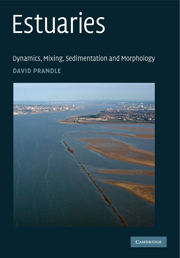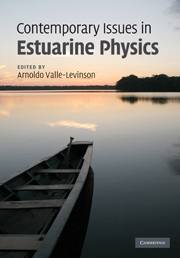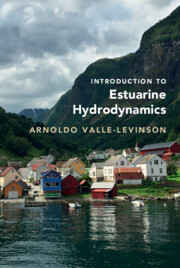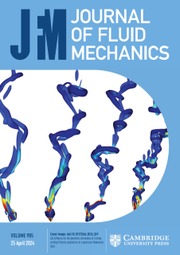Estuaries
This volume provides researchers, students, practising engineers and managers access to knowledge, practical formulae and new hypotheses for the dynamics, mixing, sediment regimes and morphological evolution in estuaries. The objectives are to explain the underlying governing processes and synthesise these into descriptive formulae which can be used to guide the future development of any estuary. Each chapter focuses on different physical aspects of the estuarine system - identifying key research questions, outlining theoretical, modeling and observational approaches, and highlighting the essential quantitative results. This allows readers to compare and interpret different estuaries around the world, and develop monitoring and modeling strategies for short-term management issues and for longer-term problems, such as global climate change. The book is written for researchers and students in physical oceanography and estuarine engineering, and serves as a valuable reference and source of ideas for professional research, engineering and management communities concerned with estuaries.
- Summarises the core theory underlying the physical development of estuaries - from the classical theories of the 1960s to newer research models
- Considers strategies for the sustainable exploitation of estuaries
- Looks at how estuaries may adapt to global climate change
- Compares and contrasts different estuaries around the world
Product details
June 2011Paperback
9780521297813
248 pages
244 × 170 × 13 mm
0.4kg
Available
Table of Contents
- 1. Introduction
- 2. Tidal dynamics
- 3. Currents
- 4. Saline intrusion
- 5. Sediment regimes
- 6. Synchronous estuaries: dynamics, saline intrusion and bathymetry
- 7. Synchronous estuaries: sediment trapping and sorting, stable morphology
- 8. Strategies for global climate change
- Bibliography
- Index.






